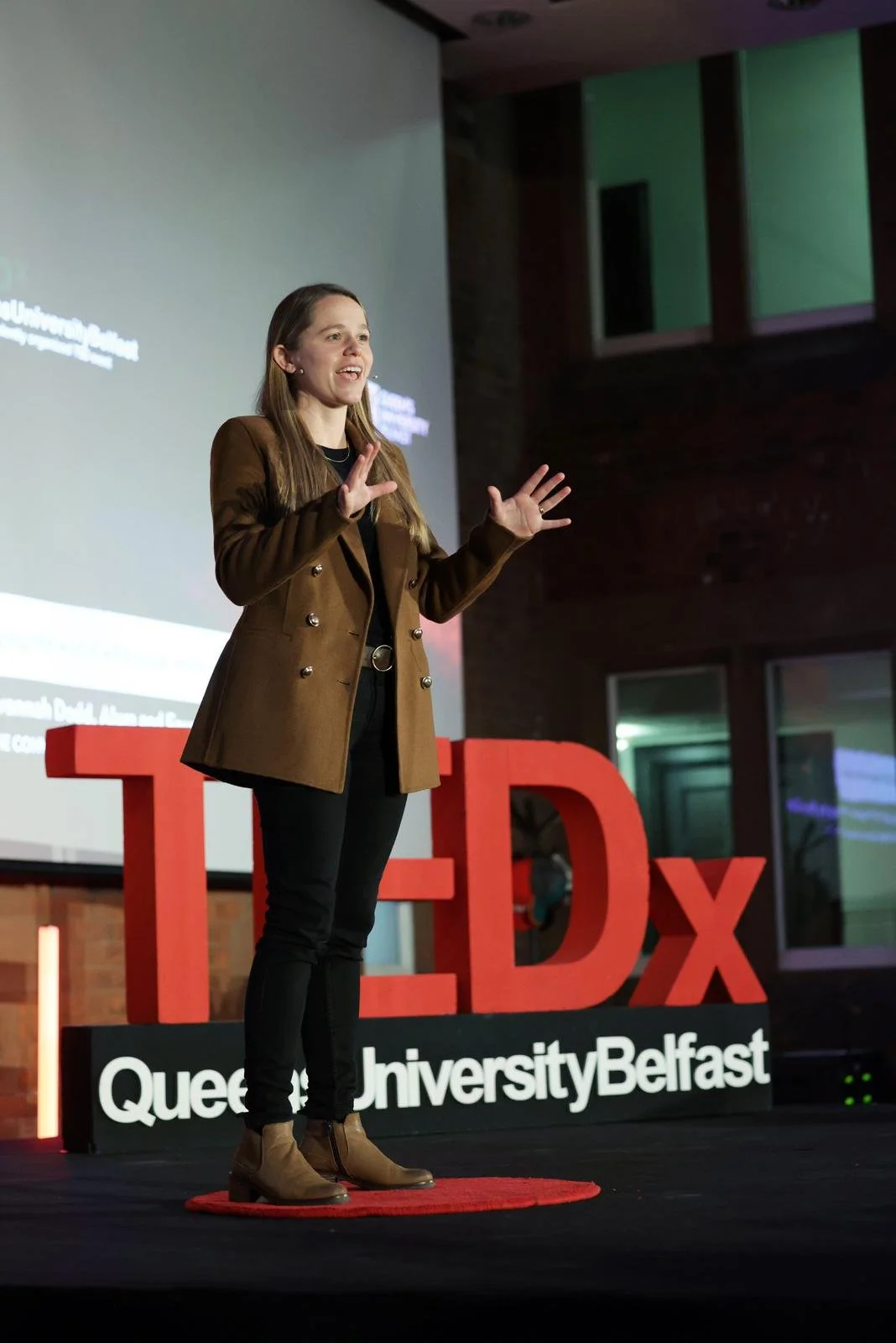What are photography ethics?
Photography ethics encompasses many things. It is about being respectful, gaining consent, and representing people with dignity. It is about the selfies you take and whether you edit them before you post them to social media. It is about filming a stranger on the train and whether you ask for their consent before sharing it in a group message.
It is about pausing to think about the impact before you click the shutter or the share button.
Ultimately, photography ethics is about power. It is about understanding the power that you wield when you make and share visual media, and it is about choosing to wield that power responsibly.
Why do photography ethics matter?
Images, especially photorealistic images, shape how we see the world. When we make and share images, we are shaping how others see the world.
Whether you are taking photographs, recording reels, or sharing videos made by others, you are playing an active role in choosing what the viewer gets to know about the person, place, or community that you are representing. This is an enormous responsibility.
To meet this responsibility, we need image-makers who are ethically literate. We need image-makers who are able to negotiate ethical dilemmas with nuance, who can make sound ethical decisions based on the information at hand, and who understand how context can change the ethics of a situation.
What is ethical literacy?
Across the photography and visual media industries, ethics are often described in terms of codes or guidelines, and ethical debates are often reduced to descriptions of “ethical” or “unethical” behaviour. We believe that this language is incredibly limiting. Instead of approaching photography ethics in these binary terms, we advocate for a principles-based approach to ethics.
A principles-based approach to ethics is about applying key principles like responsibility, power, and dignity to how we make, share, and consume visual media. A principles-based approach recognises that everyone will answer ethical questions in their own way, based on their own life experience, and personal judgments, because ethics are subjective, contextual, and fluid.
In order to apply this approach in practice, we need image-makers who are ethically literate. Ethical literacy is about having the skills to navigate ethical dilemmas, and having the language to describe your decisions. These skills include things like critical thinking, situational awareness, and cultural sensitivity.
At the Photography Ethics Centre, we do not offer checklists of ethical guidelines. Instead, we help image-makers and image-users develop the skills to think critically about ethics in their work and the language to define their own ethical practice.





